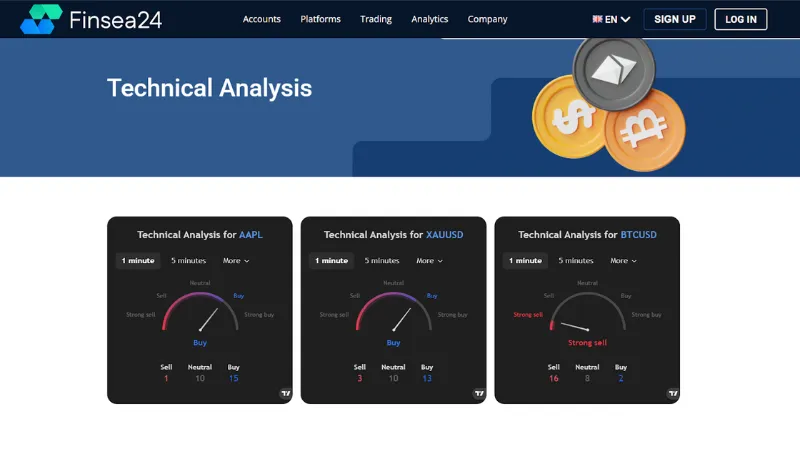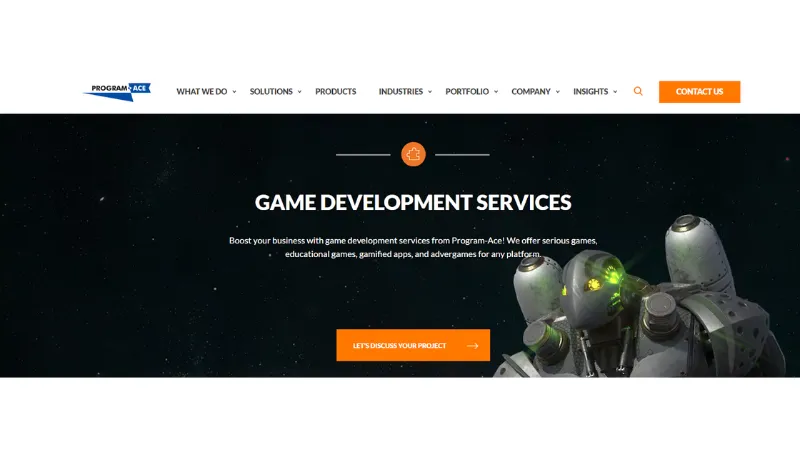Sales Secrets: What Startups Can Learn from Big Business Strategies
Sep 19, 2025 | By Team SR

Launching a startup is an exciting venture, but one of the biggest challenges lies in sales and promotions. Large corporations have established brands, loyal customers, and significant marketing budgets, which allow them to run sophisticated campaigns that attract attention and boost revenue. Startups can learn valuable lessons from these approaches, adopting and adapting strategies to suit smaller operations while still achieving meaningful impact. By understanding how big businesses drive sales and incentivise customers, entrepreneurs can create campaigns that resonate and convert.
Leveraging Promotions Strategically
Promotions are a cornerstone of big business sales strategies, providing both a way to attract new customers and to maintain the interest of existing ones. They create a sense of urgency, highlight value, and can make products or services more appealing in competitive markets. Well-designed promotions also serve as an opportunity to introduce customers to new offerings, test market responses, and build brand loyalty over time. E-commerce sites frequently offer seasonal sales, flash deals, and bundle discounts, attracting both new and returning customers. Online casinos use welcome bonuses, deposit matches, and free spins to entice new players and encourage ongoing engagement. While domestic sites in the UK, which follow GamStop regulations, offer promotions, it’s often the offshore sites that bypass GamStop where at-home bettors find the largest and most lucrative rewards. In the UK, casino sites not on GamStop have grown immensely popular in recent years because of this, with more bettors seeking out offshore options to find the largest promotions and boost their gaming budgets. Additionally, the travel sector often runs early-bird discounts, package deals, and loyalty rewards to entice bookings while fostering long-term customer relationships. Startups can take inspiration from these tactics, implementing time-limited offers, referral incentives, or bundle promotions that create excitement without overstretching budgets.
Understanding and Targeting Customers
Successful promotions are grounded in a deep understanding of the customer. Large companies invest heavily in market research, segmentation, and data analysis to identify what motivates consumers. Startups can adopt similar principles on a smaller scale by surveying early customers, analysing purchasing patterns, and tracking engagement. Understanding customer preferences ensures promotional efforts are targeted, relevant, and more likely to generate results.
Personalisation in Promotions
Big businesses increasingly rely on personalisation to make promotions more effective. Tailored email campaigns, recommendations based on previous purchases, or customised offers create meaningful interactions that encourage repeat business. Online platforms, including gaming sites, adjust bonuses and offers according to individual user behaviour, which increases engagement. Even small startups can adopt similar tactics using affordable digital tools to provide personalised promotions, making customers feel valued and understood.
RECOMMENDED FOR YOU

Why Strategy Without Empathy Fails: A CEO’s Guide to Human-Centered Planning
Team SR
Dec 16, 2025

From Our Family to Yours: Why Local, Family-Run Home Care Makes a Difference
Team SR
Jan 13, 2026
Timing and Seasonal Campaigns
Timing is critical in promotions. Large companies align sales with holidays, seasonal trends, and relevant events to maximise visibility and impact. Travel services launch campaigns during peak planning periods, while online platforms coordinate promotions around popular events. Startups can apply this lesson by planning campaigns around relevant occasions, creating urgency that drives faster decision-making among potential customers.
Building Trust Through Transparency
Promotions are most effective when customers trust the business. Large companies establish credibility through transparent terms and conditions, clear pricing, and reliable customer service. Online casinos highlight secure payment systems and responsible practices, while e-commerce and travel platforms emphasise guarantees and easy returns. Startups can emulate this by clearly communicating offer details, avoiding hidden terms, and providing responsive support. Trust encourages uptake, builds loyalty, and increases the likelihood of long-term engagement.
Using Data to Optimise Promotions
Analytics play a critical role in refining promotional strategies. Corporations track campaign performance, conversion rates, and customer behaviour to improve results continuously. Startups can adopt a similar data-driven approach by monitoring sales response, website traffic, and customer interactions. Even simple data collection, such as tracking offer redemption or engagement rates, helps inform smarter promotional decisions. By basing campaigns on actual insights rather than assumptions, startups improve effectiveness and avoid wasting resources.
Multi-Channel Promotions
Large businesses promote across multiple channels to maximise reach. Email, social media, websites, and online advertising work together to ensure consistent messaging. Online platforms, including casinos and e-commerce sites, engage customers through notifications, banners, and interactive campaigns. Startups can mirror this approach by selecting channels relevant to their audience and ensuring consistent messaging, reinforcing campaigns for greater visibility and engagement.
Creating Loyalty Through Ongoing Incentives
Promotions are not just about short-term sales; they also play a key role in fostering customer loyalty. Large companies often reward repeat purchases with points, cashback, or exclusive offers, creating incentives for customers to return regularly. Travel services, subscription-based businesses, and retail sectors frequently use loyalty programmes to maintain long-term engagement, offering members-only deals or early access to promotions. Startups can implement similar loyalty schemes on a smaller scale, such as offering discounts for repeat customers, referral rewards for bringing in new clients, or exclusive perks for newsletter subscribers. These strategies help turn one-off buyers into long-term supporters while reinforcing a sense of value and appreciation, ultimately strengthening the relationship between the business and its audience.
Learning from Competitors
Observing competitors’ sales and promotional strategies provides valuable insight. Large companies continually benchmark against rivals to discover opportunities and gaps in the market. Startups can monitor competitor offers, promotional timing, and messaging to inform their campaigns. This practice encourages innovation, helping entrepreneurs differentiate their promotions and offer unique value to their target audience.
Conclusion
Sales and promotions are central to business growth, whether for a multinational corporation or a new startup. Key lessons from big businesses include leveraging strategic promotions, understanding customers, personalising offers, timing campaigns effectively, building trust, using data to optimise results, promoting across multiple channels, creating loyalty incentives, learning from competitors, and scaling strategically. Startups can adapt these approaches creatively and cost-effectively, maximising impact and fostering long-term engagement. By studying how established companies drive sales, entrepreneurs gain practical insights that turn promising ideas into thriving ventures.


 Follow us
Follow us Follow us
Follow us













